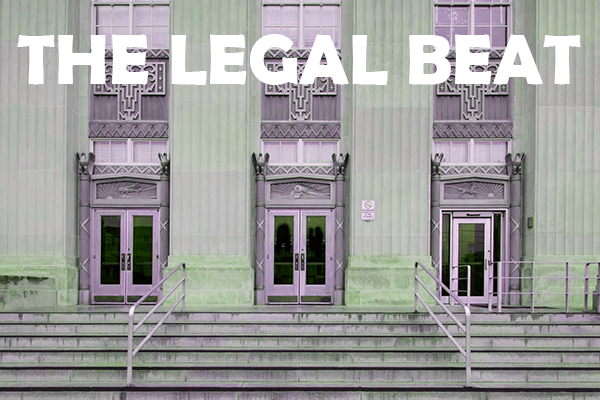|
RCBJ-Audible (Listen For Free)
|
Court Says New York Cannabis Regulators Illegally Gave Preference To New York Applicants Over Out-Of-Staters For Retail Cannabis Licenses
THE LEGAL BEAT
According to the Second Circuit Court of Appeals, New York has been violating the law in how it awarded adult-use cannabis dispensary licenses.
The case, Variscite NY Four, LLC v. New York State Cannabis Control Board, revolves around a legal challenge to New York’s marijuana retail dispensary licensing system, specifically its prioritization criteria, and more specifically under the dormant Commerce Clause of the U.S. Constitution, a clause that generally prohibits states from giving priority to its own residents on economic issues, including the awarding of licenses.
When New York legalized adult-use marijuana in 2021, it established a licensing system for dispensaries. The state, in awarding licenses, gave priority to applicants who met certain criteria, including: (1) being from communities disproportionately impacted by cannabis prohibition; (2) having a low income based on objective data; and, (3) having a conviction (or a close relative with a conviction) for a marijuana-related offense under New York law before March 31, 2021.
This prioritization effectively favored New York residents over out-of-state applicants, and an out-of-state applicant for a retail cannabis license sued, arguing that the cannabis law licensing criteria violated the United States Constitution.
The applicants applied for and were denied priority under the New York’s Adult Use program because their owners had marijuana convictions under California law, not New York law.
Citing the Dormant Commerce Clause, the plaintiffs claimed New York’s prioritization system is protectionist and discriminates against out-of-state economic interests.
In response, and in a nutshell, New York argued that the dormant Commerce Clause does not apply because marijuana is federally illegal under the Controlled Substances Act (CSA).
The Second Circuit Court of Appeals ruled in favor of the plaintiffs on two key points: (1) the dormant Commerce Clause does apply to New York’s marijuana licensing system, even though marijuana is federally illegal; and (2) New York’s prioritization of applicants with New York-specific marijuana convictions is protectionist and unconstitutional under the dormant Commerce Clause.
“Congress has given New York no clear permission to enforce protectionist marijuana licensing laws,” Judge Dennis Jacobs wrote in the majority opinion. He added, “New York’s prioritization of applicants with convictions under New York law is a protectionist measure that cannot stand.”
The Circuit Court vacated the lower court’s decision denying the plaintiffs’ request for a preliminary injunction and remanded the case for further proceedings.
In dissent, Chief Judge Debra Ann Livingston argued that the dormant Commerce Clause should not apply to federally illegal markets like marijuana. She reasoned that Congress’s criminalization of marijuana under the CSA implicitly allows states to enact laws that restrict interstate commerce in marijuana.
The case was sent back to the lower court for further proceedings, and New York may need to revise its licensing criteria to comply with constitutional requirements. The decision should not impact existing licensees, but for the thousands of applicants waiting on the Cannabis Control Board, the decision may have implications.
Last month, state regulators said there were nearly 4,700 applications awaiting consideration, with more than half of them for adult-use recreational dispensaries. Many applications have been waiting since December 2023 for review, with no meaningful time frame for when the review might be completed.
This case also highlights the tension between state-level marijuana legalization and federal prohibition, as well as the constitutional limits on states’ ability to favor their own residents in economic regulations. It could set a precedent for how states structure marijuana licensing systems in the future.
The same plaintiffs have filed similar lawsuits in a handful of states, including California, Washington, Maryland and Rhode Island.















